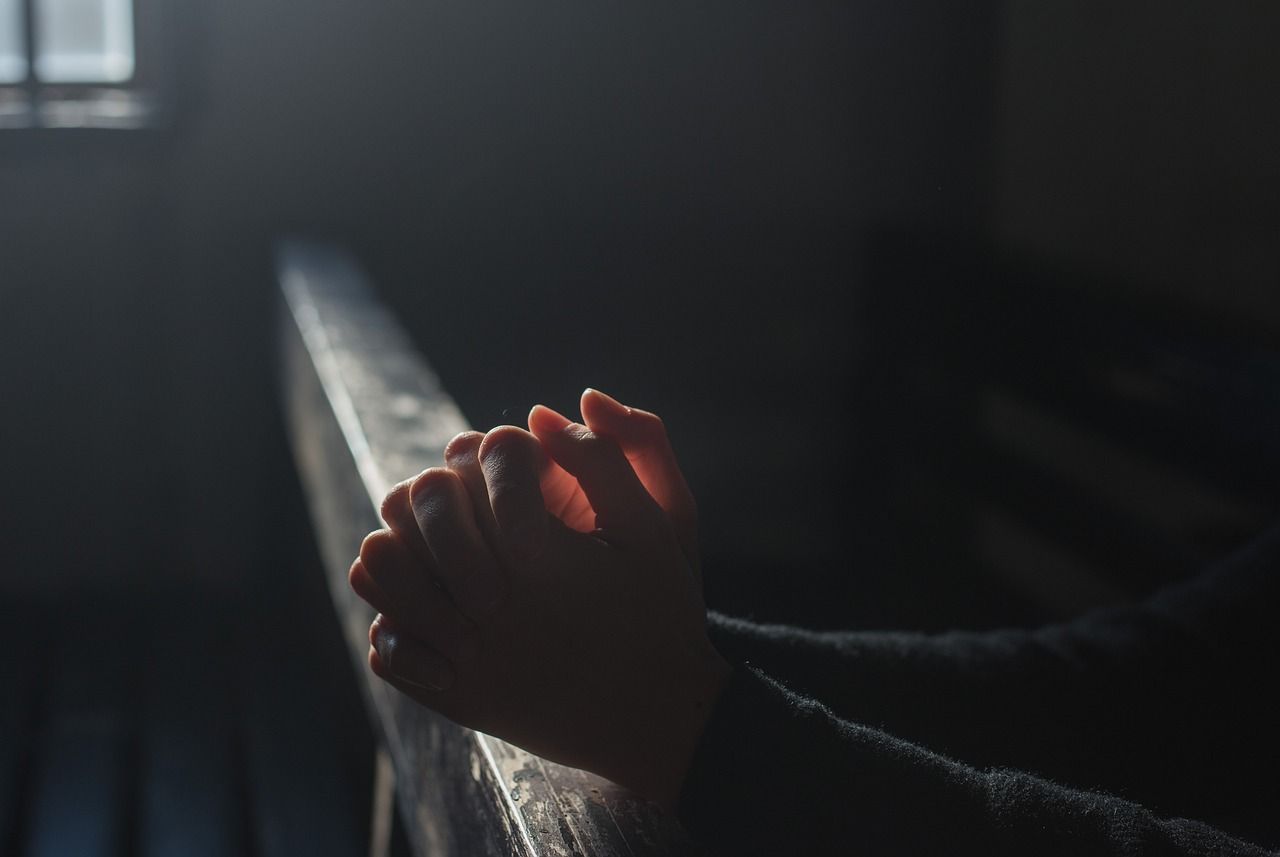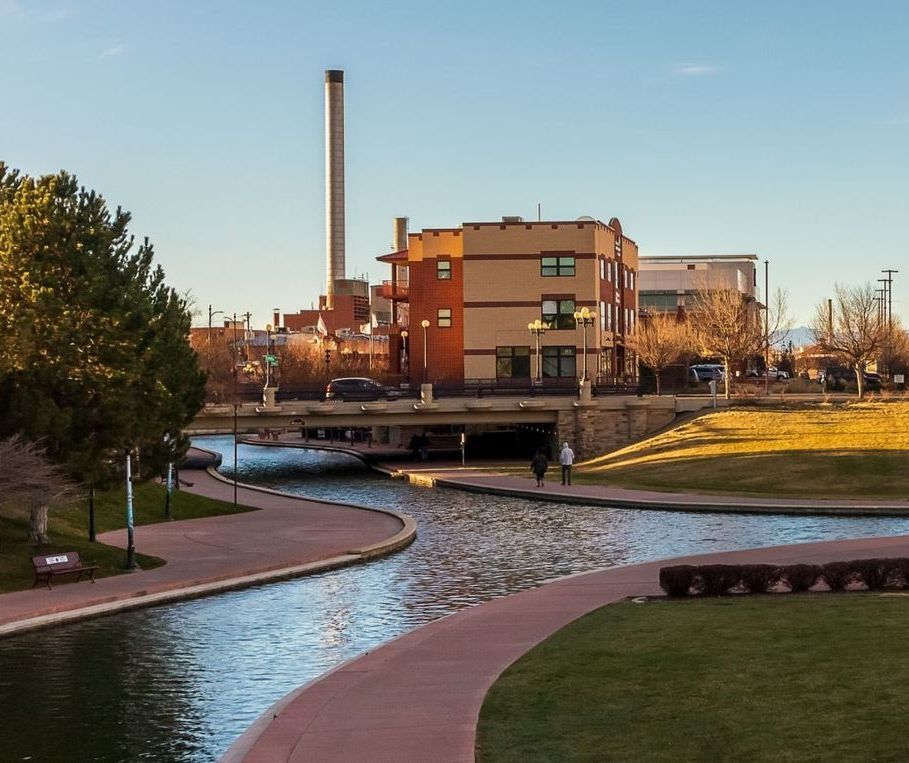Article
Colorado Amendment I
Quin Friberg
Colorado voters face an important decision with Amendment I, a proposal that aims to refine the state’s bail system to enhance community safety. The full text of the amendment reads:
"Shall there be an amendment to the Colorado constitution concerning creating an exception to the right to bail for cases of murder in the first degree when proof is evident or presumption is great?"
This proposal addresses the urgent need for a legislative update following the abolition of the death penalty in 2020, ensuring that individuals accused of the most serious crimes, under compelling evidence, are not eligible for bail.
Historical Context and Necessity of Amendment I
Historically, under Colorado law, individuals who were charged with crimes that made them candidates for the death penalty could be denied bail. This provision was integral in ensuring that those accused of the most heinous crimes could not avoid justice by fleeing or committing further offenses while out on bail. However, with the abolition of the death penalty, this safeguard was removed, creating a gap in the legal framework that Amendment I seeks to address.
Constitutional Basis for the Amendment
Amendment I specifically targets the constitutional level because bail laws are embedded within the Colorado constitution. Any significant changes to the bail process, especially those that restrict bail rights, necessitate a constitutional amendment rather than a mere statutory change. This ensures that the amendment has the authority to effectively alter the foundational legal standards governing pretrial release and detention for serious crimes like first-degree murder.
Details of Amendment I
Amendment I proposes to reinstate the ability to deny bail but under specific and stringent conditions for those accused of first-degree murder—a charge that would have previously made them eligible for the death penalty. It allows judges to deny bail only when two critical conditions are met: "proof is evident or presumption is great." This ensures that the constitutional rights of the accused are balanced carefully with the need for community safety.
Understanding 'Proof is Evident or Presumption is Great'
The terms “proof is evident” and “presumption is great” are established legal standards that require a higher level of evidence than typically necessary to charge someone with a crime. They mean that after a preliminary examination of the evidence, it appears significantly likely that the accused committed the crime. This stringent standard protects against the arbitrary denial of bail, reserving it for cases where the evidence strongly supports such a measure.
Safety and Justice for Communities
The primary benefit of Amendment I is enhancing community safety. By preventing individuals accused of first-degree murder under strong evidence from being released on bail, the amendment aims to mitigate the risk of reoffense and flight before trial. This measure ensures that those accused of the gravest crimes remain detained while awaiting trial, thus maintaining the integrity of the judicial process and safeguarding the community from potential harm.
Furthermore, Amendment I supports the victims of violent crimes and their families by providing them a sense of security that the accused will not be at large while awaiting trial. This aspect of the amendment is crucial in upholding the victims' rights and helping them through their recovery process without additional fear.
Conclusion
Colorado Amendment I represents a thoughtful and necessary adjustment to the state's bail system in the post-death penalty era. By allowing judges to deny bail to those accused of first-degree murder when there is strong evidence against them, the amendment fosters a safer environment for all residents and respects the judicial principles of presumption of innocence and due process. Coloradans have a vested interest in ensuring that their community remains safe, and voting in favor of Amendment I is a step towards strengthening the protections that keep their streets secure.
share this
Related Articles
Related Articles


STAY UP TO DATE
GET PATH'S LATEST
Receive bi-weekly updates from the church, and get a heads up on upcoming events.
Contact Us





